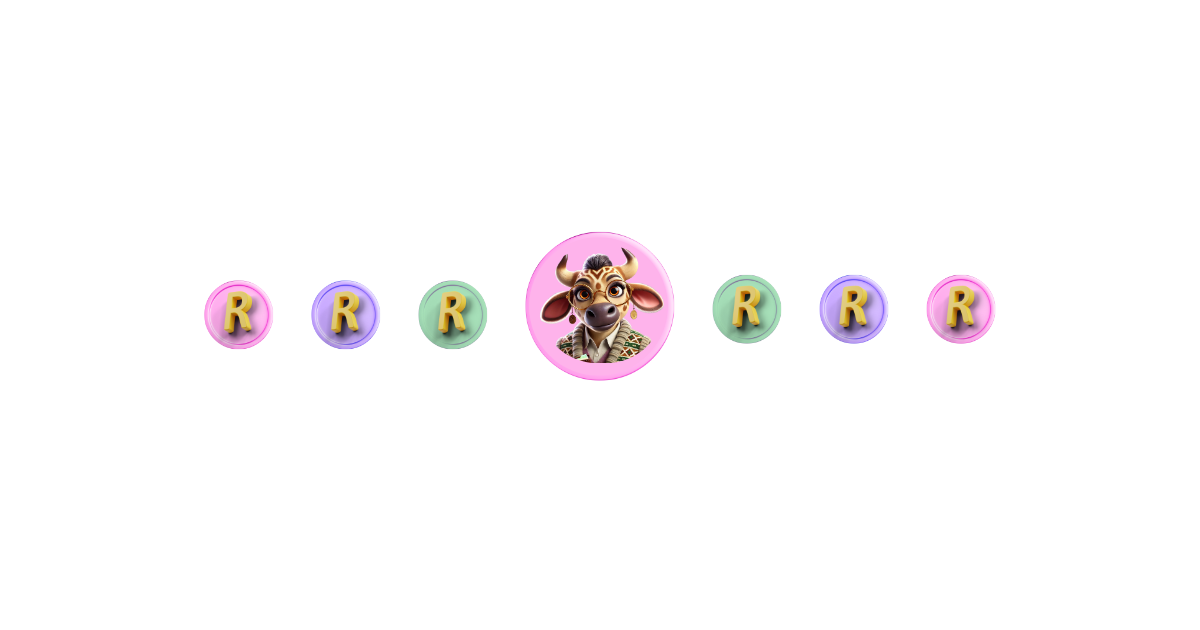

How to Teach Kids to Turn Skills Into Income Like a Prodigy
Discover how to teach kids to turn skills into income, build confidence, and spot real-world value in their talents, all while having fun along the way
Most kids don’t know that some of the stuff they really love doing, like drawing, baking, fixing stuff, dancing, writing, painting, and even helping, could actually be worth something to someone else.
So much so that someone would even be willing to pay them for that skill.
So when kids learn they can earn through their own skills, the impact is massive.
- It helps build their confidence
- Gives them a sense of purpose
- And unlocks a powerful sense of agency.
It really is not just about money. It’s about possibility.
So let’s dive into a mindset for them to build, a habit to form, and one tip to help get them going…
1. A Mindset to Cultivate
Kids often only see their talents as “just a fun thing I do.”
But when they start noticing how their skills can help others, like drawing something cool for a friend, baking muffins for a school event, or helping Grandma navigate her way around a tech device, they start to see the value they can add to others in a very tangible way.
And it goes a long way in helping them understand that their skills aren’t just for school; they can solve real problems for real people in the real world.
Actively participating in early “employment” or entrepreneurship endeavours sets the scene for them to explore their career options earlier.
For example: 67% of participants in Lemonade Day (a program that teaches kids how to start, own, and operate their very own lemonade stand) plan to start their own business.
So helping them get into the mindset that their skills can solve problems, and that problems actually reveal opportunities, becomes the first step to turning their skills into income.
Read more in our article: How to teach kids to start a business.
2. A Habit to Form
Turn skill spotting into a game. Ask your mini millionaire: “What are you good at, and who could use that skill?”
- Maybe they love animals and could offer dog walking.
- Maybe they’re great at organising and could help neighbours tidy their garages or bookshelves.
- Maybe they’re a digital wizard (I mean, which kid isn't, right?) and could make fun birthday cards or slideshows for family members.
It doesn't even need to be pushing into entrepreneurship (although that doesn't hurt). Rather, it’s about building a habit of spotting opportunities to be useful and presenting viable career options.
And it’s a key component of career development.
In a recent study, teenagers who at 15 were certain of their career plans experienced higher levels of “occupational status” by the time they turned 25. Conversely, those who were uncertain at age 15, could expect to earn between 6% and 17% less than their peers.
So help them get in the habit of practicing noticing what they’re good at, and how it could help or add value to someone else.
Wanna multiply their income? Learn how to teach kids about multiple income streams.
3. A Tip/Trick to Try
Create a “Mini Business Card” for your mini millionaire. Make this as simple or creative as you like.
A handwritten note dropped in a neighbour's postbox, a digital design that you can share on neighbourhood WhatsApp groups, or even a voice note or video.
The idea is to help your child express:
- What they love doing.
- What they’re good at.
- How can someone contact you (or them if age-appropriate) to make use of their skill, product, or service?
For example:
Hi! I’m Sam, and I’m great at walking dogs and feeding pets while you're away. I’m 11 and live in the neighbourhood. Ask my mom if you’d like help!
This builds confidence and encourages kids to think like value-creators.
This also teaches kids about rejection (and most importantly, how to handle it) - a much-needed skillset. We'll speak more about this in Part 2: How to teach kids to start a business.
And when you give their skill a name (almost like a job title) and a “face” it makes it real, helping others take them seriously, too.
Get our helpful resource: How to Monetise Your Passions - Part 1
In Part 1 of this amazing resource, kids can list the skills that they’re good at, and what they are passionate about - yes, even ballet, karate and skateboarding…
Next, they can find a GOAT (Greatest Of All Time) in that industry. So, someone who has already managed to turn their skills and passions into a career.
Chances are, they already have someone in mind who fits the bill. But even if they don't, they can do research on that GOAT, and learn as much as they can to help encourage them to emulate their success in turning their skills into an income.
Most importantly, have fun with it, and try different things. Because every time they try something new, it’s another lesson to build on their career or entrepreneurship journey.
Before you go… Learn how to teach kids to set money goals.
